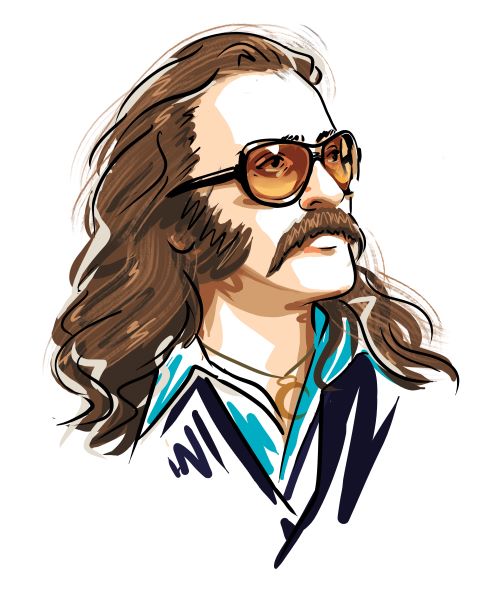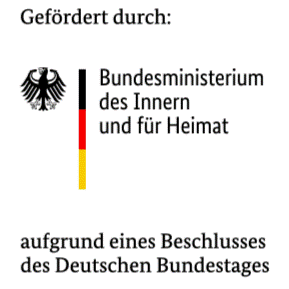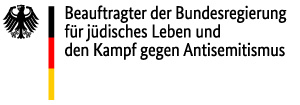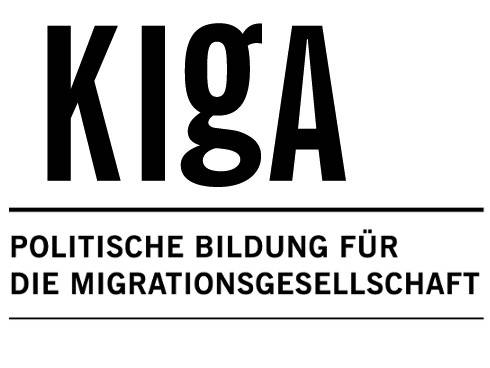Cem Karaca
(born 1945 in Istanbul, lived 1979-1987 in exile in Cologne – died 2004 in Istanbul)
"... Turkish child and German child / You shall be our hope / Where there are still barriers / Tear them down, stomp them down / Build bridges to understanding / Hearts do not need languages / A world will rise again"* (translated extract from the song "Mein deutscher Freund", Eng.: My German Friend)
Cem Karaca dealt with discrimination and social barriers in his music. Cem Karaca was a Turkish musician and representative of the Anadolu rock movement, which combines traditional Turkish folk music with rock elements from the West. He described himself as “Rock Ozanı” (Eng.: rock poet) and spoke Turkish, German and English. A composer and singer of love songs, he drew attention to the oppression of the working class and further chanted the slogan “No to war!” throughout his life. After the military coup in Turkey in 1980, he was accused of incitement to hatred because of his lyrics and was expatriated. As a result, Karaca lived between Cologne and Munich as a “homeless” or “stateless person”. Only after the regime change of 1987 was Karaca able to return to Turkey. The time in German exile, however, shaped this son of a family of actors with Armenian and Azerbaijani roots in many ways: on his German-language album Die Kanacken, he addressed the oppression of minorities, social inequality and social barriers. His lyrics dealt in particular with vital topics such as asylum migration and exile. German politics and society, its largely discriminatory treatment of migrants and Gastarbeiter (limited-term foreign labourers) are also sharply criticised by Karaca. His songs capture the painful experiences of diaspora communities, which are often invisible to the majority. At the same time, however, he also emphasises his hope for a peaceful life in a society liberated from racism. Cem Karaca is remembered as someone who believed in love and peace.
*Karaca, C., “Mein deutscher Freund” (My German Friend), 1984.






